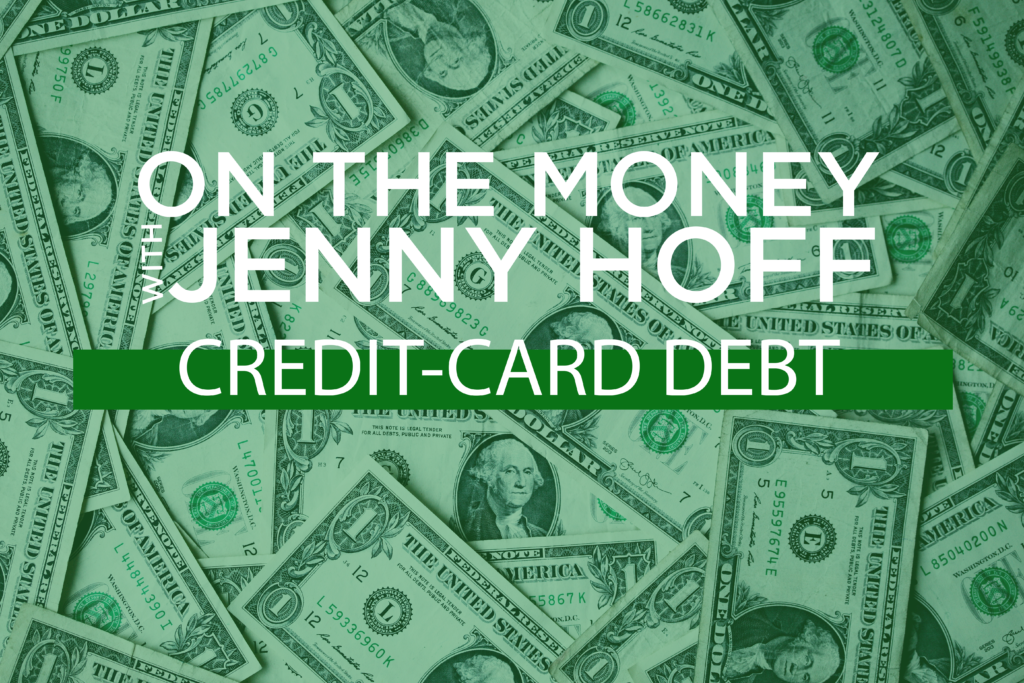If you’ve found yourself with less income and unexpected credit-card debt, here’s how you can avoid paying high-interest fees on your balance.
By Jenny Hoff

There are many crisis situations that can lead to unexpected high credit-card usage and ensuing debt: divorce, health emergencies, loss of job or a global pandemic. If you’ve found yourself with less income and a greater dependency on credit cards, here are two ways you can avoid paying high-interest fees on your balance.
CALL YOUR CREDIT-CARD ISSUER OR BANK AND EXPLAIN YOUR SITUATION.
Most credit-card companies won’t automatically waive interest accrued on a balance during this time, but they likely have a program in place that could help, says Matt Schulz, chief industry analyst with Lending Tree. “They have so-called hardship programs that offer temporary relief for folks dealing with short-term financial crises because of a natural disaster, and the coronavirus is certainly that,” he says. “Your mileage may vary by issuer, but banks may offer things like waived fees, higher credit limits, lower interest rates and even reduced or waived minimum payments.” While you can certainly fill out an online form or send an email, you’re more likely to be successful with a phone call. Just be prepared for long hold times to get someone on the phone.
CONSIDER APPLYING FOR A NEW CREDIT CARD.
If your go-to card is a rewards card that allows you to earn miles, cashback or free hotel stays, it likely also comes with very high-interest fees. If you’re not paying off these cards in full every month, you’re paying way more in fees than you’re earning in rewards. “It may seem counterintuitive to get a new credit card in these trying economic times, but the truth is that a 0-percent offer credit card can be a huge help for struggling cardholders,” Schulz says. “Balance transfers are often the first thing people think of when it comes to 0-percent offers, and those are still widely available, but they’re not the only 0-percent offers out there. Many cards that offer 0-percent…annual percentage rate deals [on balance transfers] also offer 0-percent interest on new purchases for a short period of time.” If you get approved for a card that offers no interest for a certain amount of time, it’s important to still only use it for essentials. When the interest eventually kicks in, it will be high, and you don’t want to be stuck with a balance you can’t pay in full.
It’s important to at least pay the minimum payment on time each month to avoid taking a hit to your credit score—unless you work out a deal with your card issuer to delay payments without penalty. But it’s also crucial to not build up a balance that will be difficult to repay once the economy is up and running again. Good credit-card management will help you weather this financial storm both during this crisis and long after it has passed.


